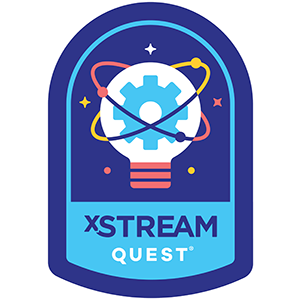As parents, choosing the right preschool for your child is a crucial decision. With the options available, it's natural to wonder whether private preschool is a better choice than public preschool. While public preschools may offer a more affordable option, private preschools often provide a superior educational experience that sets children up for success in later years. There are many advantages to private preschool over public preschool, but we will explore some of the key advantages.

Experts in Preschool & Young Children – This is important because the brain changes around 5 to 6 years of age, and the way preschool children should be taught is very different from the way 1st through 4th-grade children are taught. Private preschools have specialized in preschool education for years, while public elementary schools are new to preschool for the general population. This was very evident in my graduate studies quest in the field of early education. My doctorate dissertation had an extensive literature review on this subject. I found that very few universities had education degrees for teacher certification tracks that have preschool coursework. Most certified public teachers at elementary schools have only had one or two collage courses that focus on children under the age of 6. Research has proven that preschoolers learn differently from children, even in 1st grade, so having your preschooler in a private preschool with specially trained early educators is important.
Specialized Curriculum - Private preschools offer specialized curricula that is not limited to public school limitations. This can include programs often excluded in public schools, such as art, dramatic play, and humanities. Private preschools are also better equipped to teach your children self-help skills, such as toileting by themselves. By providing a tailored curriculum, private preschools can help children develop their strengths and interests, setting them up for success in later years.
Home-like Environment – Elementary buildings are BIG and can be overwhelming for pre-kindergarten children because everything is so LARGE. An average elementary school is about five times as large as an average private preschool. We all know how traumatic dropping a 5 year old off for their first day of kindergarten can be, much less a three or four year old. The halls of an elementary school are full of bustling, tall children, and it can be a scary place when you are so small. Private preschools are designed for small children so that their experience at preschool is less stressful and more enjoyable. For example, the Brand Promise at Children’s Lighthouse Early Learning Schools is ”We create a safe, fun, and happy place that gives your child confidence, a sense of comfort today, and a lifelong love of learning, friendship, and community.”
More Parental Involvement - Private preschools often encourage more parental involvement than public preschools. This can include regular parent-teacher conferences, volunteer opportunities, and open communication channels. By being more involved in their child's education, parents can provide additional support and guidance, which is essential for children's development. One more caveat is the family events at a private preschool are geared towards the interests of preschoolers and not that of older children.
While public preschools may offer a more affordable option, private preschools often provide a superior educational experience to meet the specific needs of young children in a manner that sets children up for success in later years. Preschool experts can offer target expertise using specialized curricula designed to meet the needs of children before kindergarten. If you're considering the best option for your child's education, consider the key advantages of private preschool over public preschool.



